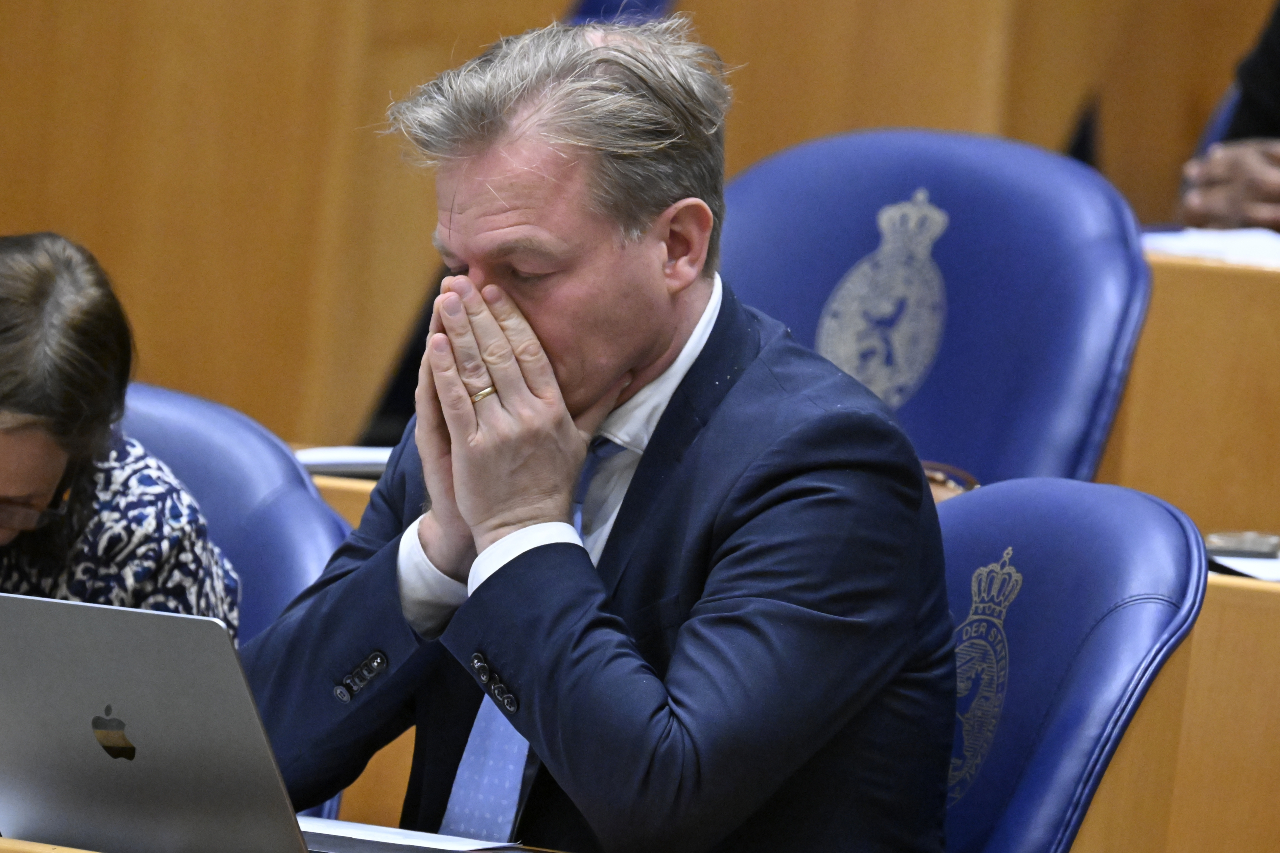Budget talks compromised by tensions within coalition: Telegraaf

Negotiations on the first annual budget of the new Dutch government were bedevilled by disagreements behind the scenes between the four coalition parties, sources told the Telegraaf on Monday.
While Dick Schoof’s team of ministers “radiated unity”, rows between the party leaders were the main reason the talks dragged on until the early hours of Friday morning.
Senior ministers were largely agreed on the contents of the budget when they sat down on Thursday evening with party leaders to finalise their plans. “It should easily have been over by midnight,” one source said.
Pieter Omtzigt, leader of the centre-right Nieuw Sociaal Contract (NSC), was criticised for being indecisive and prone to outbursts of temper. “He kept walking away from the table and then turning round again,” the Telegraaf reported a source saying.
Other coalition parties also queried why Omtzigt and NSC deputy leader Eddy van Hijum appeared to have obtained documents from the cabinet that were not available to the other leaders.
The current Dutch government is notionally an “extraparliamentary” cabinet, with a clear separation of responsibilities between the four coalition parties in parliament and the ministers appointed to represent them.
“NSC war room”
Omtzigt was the main advocate of the new system, which he argued would strengthen parliament’s ability to hold the cabinet to account.
In practice, the arrangement was “far from extraparliamentary”, one insider said, as Omtzigt set up an “NSC war room” with social affairs minister Eddy van Hijum and junior finance minister Folkert Idsinga to co-ordinate the party’s strategy during the negotiations.
NSC sources brushed aside the accusation as “total nonsense” and said Van Hijum and Idsinga were involved in the discussions because their departments were responsible for public spending.
Omtzigt admitted that the talks had been “a first, maybe slightly faltering effort at an extraparliamentary cabinet”. “How do you combine a cabinet’s natural need for security with parliament’s own responsibilities? It takes some getting used to, but no doubt we will learn as we go.”
VVD split
The VVD, the most experienced of the coalition parties, was distrusted because of its reputation as a “well-oiled political machine” that shut out Geert Wilders’s far-right PVV, now the largest party, for most of Mark Rutte’s tenure as prime minister.
Divisions have surfaced within the liberal group since Dick Schoof’s cabinet took office in July, with some members openly criticising the partnership with the PVV. Party leader Dilan Yesilgöz is also said to be unhappy at giving up her previous job as justice minister.
“Part of her party really doesn’t want this coalition, and Dilan wants to be in the cabinet, not the parliamentary group,” a source said.
PVV leader Geert Wilders, meanwhile, was accused of blowing hot and cold during the negotiations. “One day he says he wants this cabinet, the next he wants to take an axe to it,” the Telegraaf source was quoted as saying.
Nevertheless, the parties were ultimately able to announce a budget deal on Friday morning after the talks concluded at 4am. “It’s like a sausage: you don’t want to know how it’s made,” an insider said.
Thank you for donating to DutchNews.nl.
We could not provide the Dutch News service, and keep it free of charge, without the generous support of our readers. Your donations allow us to report on issues you tell us matter, and provide you with a summary of the most important Dutch news each day.
Make a donation